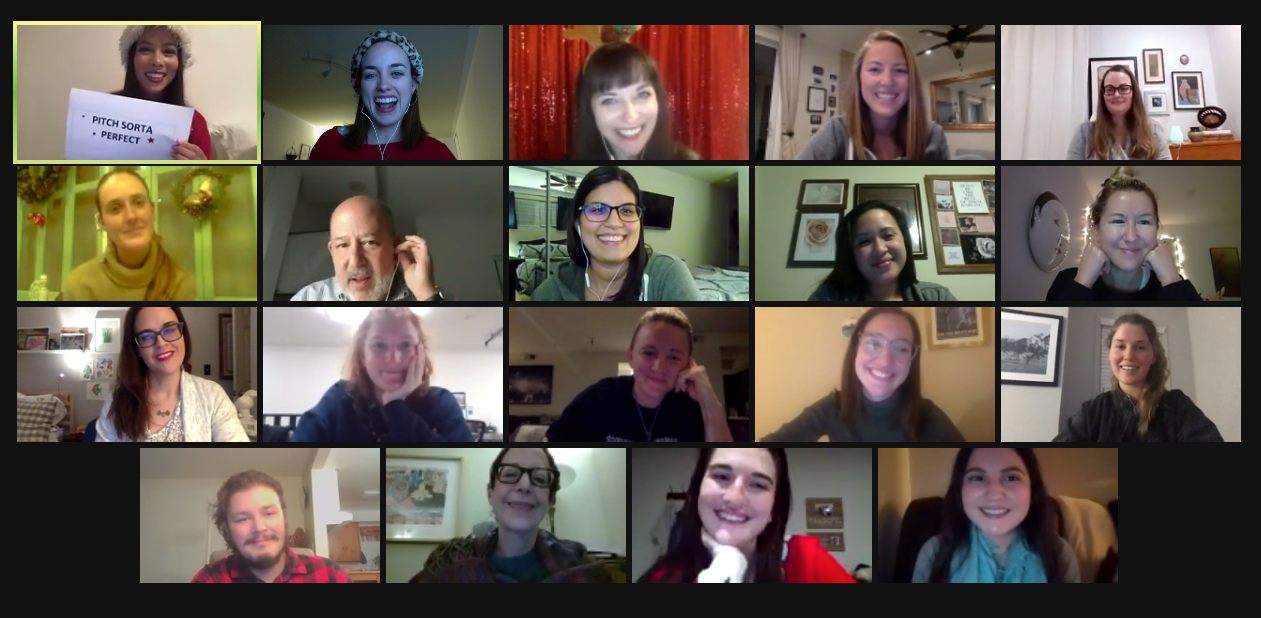It is hard to believe that what we all considered a temporary solution has become a way of life one year later.
In one manner or another we have all learned to do things differently, especially those of us fortunate enough to be able to work from home. While we all miss the human companionship that was part of the workplace, no one misses the commute.
Zoom has become like Google or Kleenex, a verb for how we communicate over video regardless of the service we use. We use it for meetings, get togethers with family and friends, education and entertainment. While our physical horizons have narrowed because going to the movies, theater, concerts, museums and sporting events have been curtailed, our access to culture and entertainment has broadened through the virtual availability of stage productions and concerts from around the world, virtual tours of museums and historical landmarks and first run films on streaming services. We’ve been able to attend virtual film festivals, enjoy access to authors and experts hosted by universities and media outlets and expand our culinary skills via online cooking classes.
Social distancing has also made it much easier to stay in touch with friends, family and work colleagues. We’re all home so scheduling has become much easier, and since we’re getting together via video it doesn’t really matter where we are.
From a public relations perspective, now that we’ve all become accustomed to remote interviews on television and virtual media junkets to promote products, movies and television shows, it’s hard to believe that we will return to the inefficient, expensive press tours of the past except for those with mega budgets. Because of its ability to expand the audience, there will continue to be a virtual component to destination events moving forward. Destination film festivals have all been able to expand their audience reach this past year.
Virtual is not a solution for everything, particularly because of the inequities of access. As educators and parents alike will attest, virtual school is no substitute for classroom teaching. An entire generation of kids may fall behind because of their lost year of learning. Women who were finally making great inroads in the workforce have seen their progress evaporate as their jobs were the first to disappear and the need to take on childcare responsibility increased. And there is no virtual substitute for the travel and hospitality industries.
The availability of vaccinations means there is a light at the end of the tunnel, which is why we can begin to think about what that new normal might look like. For our company it will probably mean the reverse of what we did before. Instead of working from home one or two days a week, it will probably mean that’s how much time we’ll spend in the office because no one wants to give up the flexibility they have enjoyed this past year or the return to the commute. We all look forward to spending time with friends and family without worrying about testing, masking or distancing, but will continue to maintain contact with those more far-flung via video. While we look forward to attending events, the desire to access speakers, film festivals and other non-local entertainment events online remains.
Let’s hope we have learned from this experience and move forward by blending virtual with real life.
